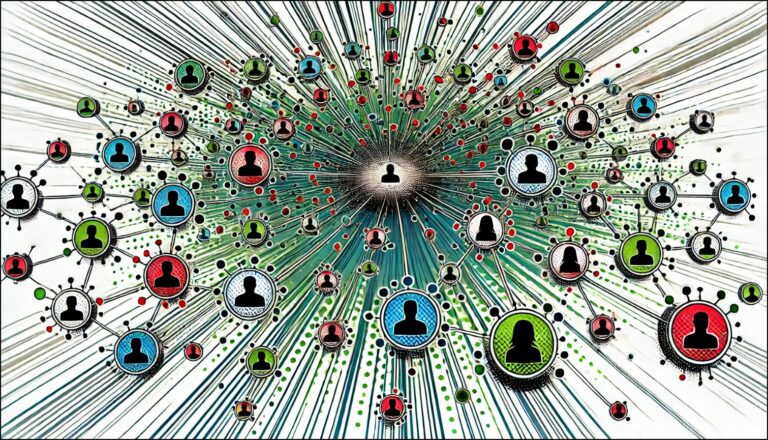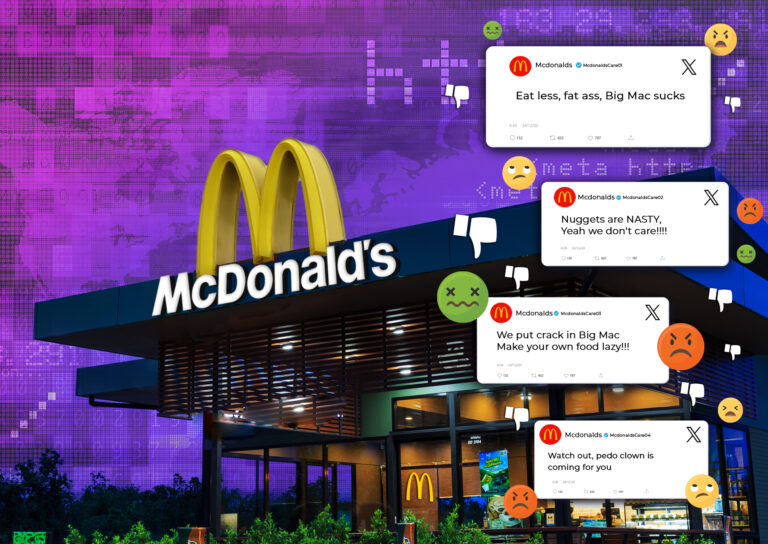Each month, our experts at Cyabra list some of the interesting articles, items, essays and stories they’ve read this month. Come back every month for the current misinformation, disinformation, and social threat intelligence news.
How AI Will Turbocharge Misinformation
“Dozens of “news sites” filled with machine generated content of dubious quality have already cropped up, with far more likely to follow — and some media sites are helping blur the lines. Without sufficient care, generative AI systems can also recycle conspiracy theories and other misinformation found on the open web.”
How to Combat Misinformation in the Age of AI
“Fake news, misinformation and online scams are growing at an alarming rate as generative AI explodes in usage. So what are the problems, and what are some potential solutions to consider?”
ChatGPT Makes Spotting Fake News Impossible for Most People
“A new study has revealed that people find AI-generated tweets more convincing than those written by humans, even when they contain information that isn’t true.”
Disinformation Researchers Under Investigation: What’s Happening and Why
“US researchers have spent years studying how conspiracy theories spread. Now they are accused of helping to suppress conservative opinions.”
Visual Misinformation Is Widespread on Facebook, And Often Undercounted by Researchers
Perhaps the most disturbing finding of our study, then, is that it highlights the breadth of collective ignorance about misinformation on social media. Hundreds of studies have been published on the subject, but until now researchers have not understood the biggest source of misinformation on the largest social media platform. What else are we missing?
The Self–inflicted Voting Machine Misinformation Crisis Looming Over 2024
“Election officials are not-so-quietly freaking out that this long-awaited technical overhaul of voting machine guidelines later this year will be weaponized against them. The officials, who are used to operating in relative obscurity, just endured two election cycles in which seemingly benign issues blew up in their face. Now they’re afraid it’s happening all over again.”
“People may perceive those who “get it wrong” as unintelligent or prejudiced. Instead, people can be misled through no fault of their own, depending on the structure of the social network.”


